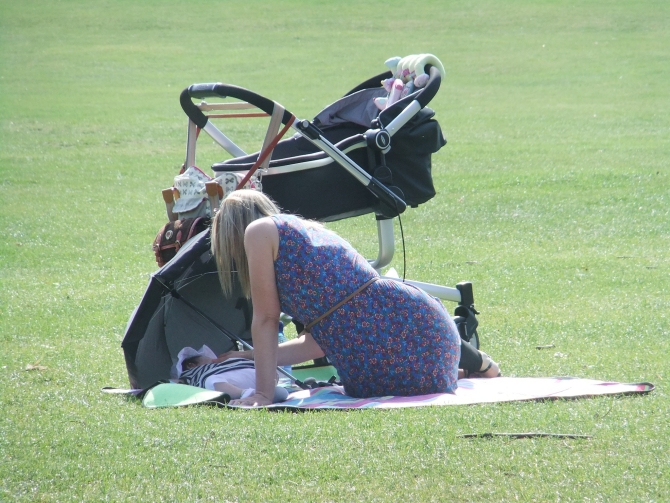Although consumer confidence has improved since the recession, a combination of low wage growth and changing spending habits continues to affect high street retailers. This has led to several popular names voicing concerns for the future with upmarket pram and maternity wear chain Mamas & Papas the latest to confirm that it is in talks with a potential financier with a view to implementing a rescue plan.

BlueGem, the private equity firm which acquired London’s Liberty department store in 2010 for £40 million, has offered Mamas & Papas founders David and Luisa Scacchetti a £20 million deal to gain a majority stake in the business. Of this sum, £12 million is expected to be invested into business growth, with the remaining £8 million to be used to pay off a shareholder loan to Mr Scacchetti.
However, the deal does not come without its conditions, as BlueGem intends to close a number of Mamas & Papas’ high street stores should talks prove to be successful. At present, the chain operates 55 stores in the UK, but so far BlueGem has not revealed how many would be earmarked for closure.
Industry experts believe that around half of the retailer’s store portfolio could be cut by way of a Company Voluntary Agreement – a piece of legislation which allows retailers to close loss-making stores with immediate effect. Should this be implemented, analysts believe that BlueGem would be able to persuade main lender HSBC to rollover the retailer’s stretched borrowings, thus giving Mamas & Papas a little more breathing space to tackle the mounting debts it faces.
BlueGem, which is led by Marco Capello and operated by a group of former Merrill Lynch bankers, has been given a period of exclusivity to negotiate a deal with the Scacchettis. This will be the first time the founders have examined the option of selling off a stake in the business, as they have been the sole owners since the chain launched in 1981; therefore, the discussions are expected to take some time.
Mamas & Papas has been a firm favourite of middle class parents for a number of years, yet due to the combination of online shopping growth and increased competition from supermarkets, has seen both sales and profits fall in recent years. In fact, it has been estimated by retail experts that the average prices of some of the retailer’s best-selling products have fallen by as much as 30 per cent in recent years as the retailer attempts to draw consumers to its stores.
With regards to the international business, which currently trades in 59 overseas markets, there has been no news regarding potential store closures. However, with sales of only £108 million translating to profits of £5 million in the last year and sales continuing to decline, it seems likely that the UK will set the benchmark for future rescue plans around the world.